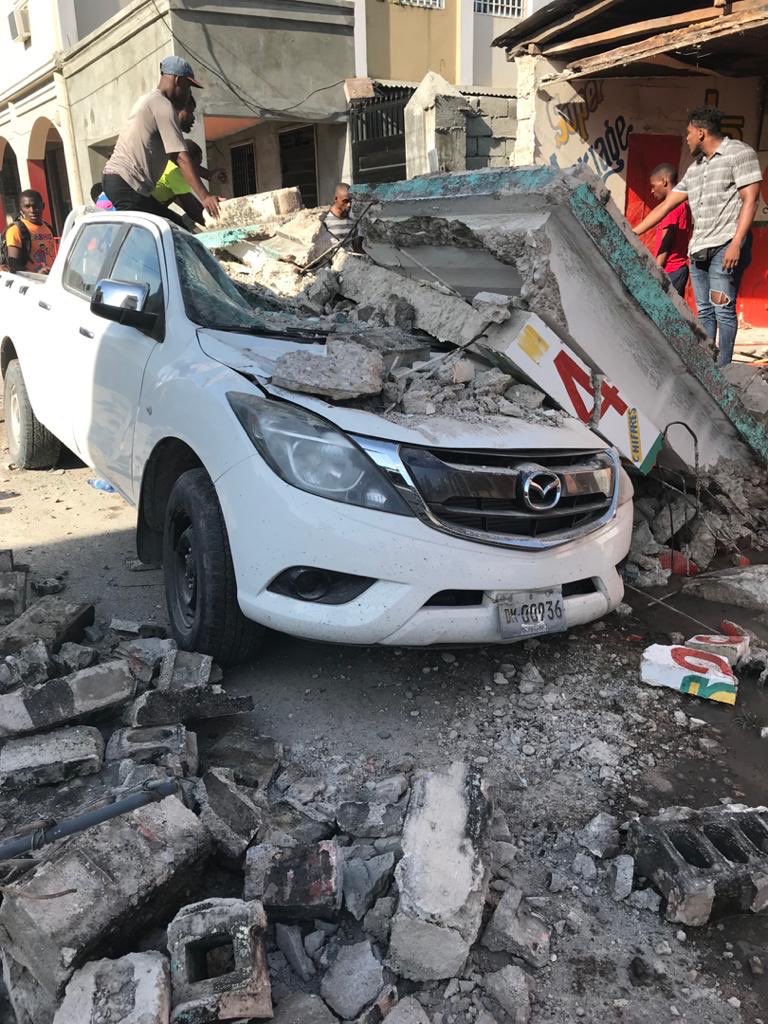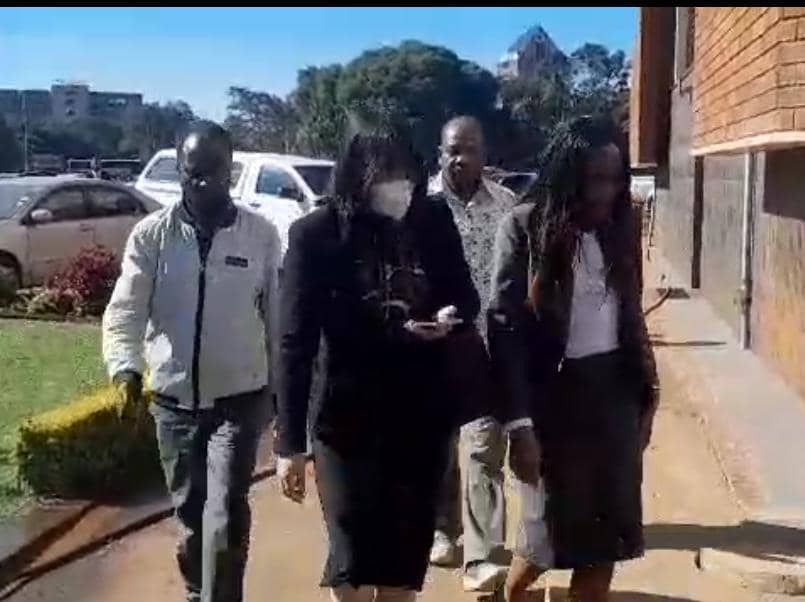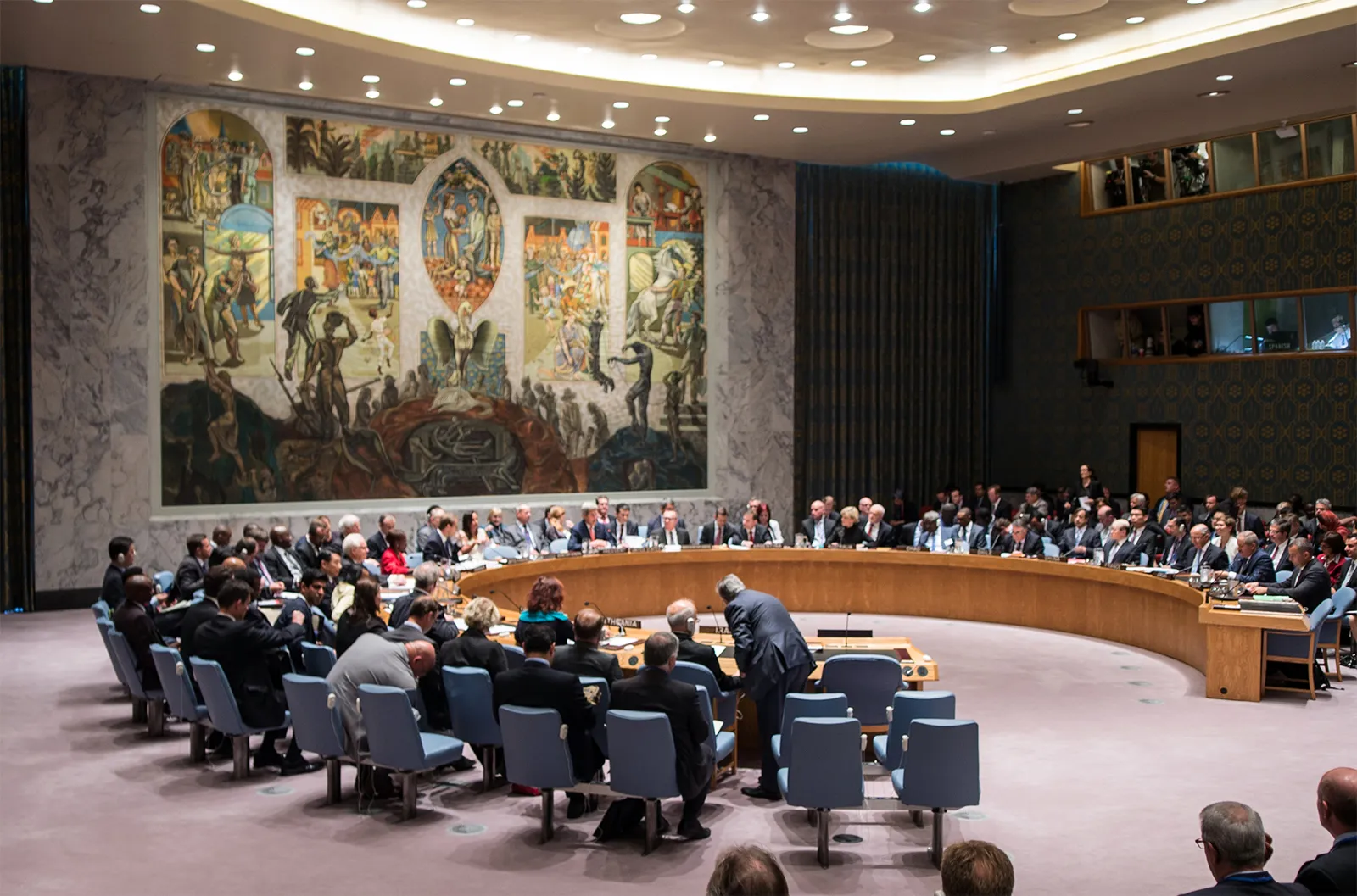Rescue workers were scrambling to find survivors after a powerful 7.2-magnitude earthquake struck Haiti, killing at least 304 and toppling buildings in the disaster-plagued Caribbean nation still recovering from a devastating 2010 quake.
The epicentre of the shaking, which rattled homes and sent terrified locals fleeing for safety starting around 8:30 am (12:30 GMT) Saturday, was about 160km by road west of the centre of the densely populated capital Port-au-Prince.
Churches, businesses, schools and homes crumbled in the quake that trapped hundreds of victims under rubble and left at least 1,800 people injured, the country’s civil protection agency said.
Rescuers raced against the clock to find survivors, with the civil protection tweeting that efforts by “both professional rescuers and members of the public have led to many people being pulled from the rubble,” adding that already overburdened hospitals continue to receive injured.
Hours after the quake, the agency announced the death toll had jumped to 304, ticking upwards throughout the day from the first report of 29 fatalities.
The long initial quake was felt in much of the Caribbean, emanating from the epicentre at Haiti’s southwestern peninsula.
The civil protection said at least 160 people were killed in the country’s South department alone.
“Lots of homes are destroyed, people are dead and some are at the hospital,” 21-year-old Christella Saint Hilaire, who lives near the epicentre, told AFP.
Hospitals in the regions hardest hit by the quake were already struggling to provide emergency care and at least three were completely full, according to Jerry Chandler, head of the civil protection agency.
STATE OF EMERGENCY
The health ministry quickly dispatched personnel and medicine to the southwestern peninsula, but their arrival could be hampered by insecurity that has for months plagued the poorest country in the Americas.
The United States and other nations swiftly pledged support to the crisis-wracked country, with US President Joe Biden approving “immediate” aid efforts and Haiti’s neighbour the Dominican Republic shipping 10,000 food rations and medical equipment.
A medical brigade of 253 Cuban doctors deployed in Haiti was travelling to treat the injured and adapt a Port-au-Prince hospital until now used for Covid patients, their head said on Cuban television.
In Ecuador, Quito Fire Department said it was preparing to send a team of 34 personnel specialized in urban search and rescue. Mexico, Chile, Argentina, Peru and Venezuela also offered help while Spanish Prime Minister Pedro Sanchez said Haitians “can count on the support of Spain to come through this terrible event.”
Tennis star Naomi Osaka, whose father is Haitian, said she was going to donate her prize money from an upcoming tournament to help quake victims.
“Really hurts to see all the devastation that’s going on in Haiti, and I feel like we really can’t catch a break,” Osaka wrote on Twitter.
Images circulated on social media showed people frantically trying to pull people from the ruins of caved-in buildings, while screaming bystanders sought safety in the streets outside their homes.
“Houses and their surrounding walls have collapsed. The roof of the cathedral has fallen down,” resident Job Joseph told AFP from the hard-hit city of Jeremie on Haiti’s far western end.
Heavy damage was reported in the centre of the city, which is home to around 200,000 people and composed primarily of single-story residences and buildings.
The damage in the city of Les Cayes appeared to be significant, including the collapse of a multi-story hotel.
Prime Minister Ariel Henry, who surveyed the damage via helicopter, declared a state of emergency for one month while calling on the nation to “show solidarity” and not panic.
Shortly after the quake, the US Geological Survey issued a tsunami alert, but lifted the warning soon after.
Jeremie resident Tamas Jean Pierre said the possibility of a tsunami nonetheless sent parents “fleeing the city with their children in arms.”
“People are terrified,” she said.
A 7.0-magnitude quake in January 2010 left much of Port-au-Prince and nearby cities in ruins, killing more than 200,000 and injuring some 300,000 others.
More than 1.5 million Haitians were made homeless, leaving island authorities and the international humanitarian community with a colossal challenge.
Besides hundreds of thousands of homes, the quake also destroyed administrative buildings and schools, not to mention 60% of Haiti’s health care system.
The rebuilding of the country’s main hospital remains incomplete, and non-governmental organisations have struggled to make up for the state’s many deficiencies.
The latest quake comes just over a month after President Jovenel Moise was assassinated in his home by a team of gunmen, shaking a country already battling poverty, spiralling gang violence and COVID-19.
In Other News – South Africa still in the grip of 3rd wave Covid-19 pandemic
South Africa recorded 13 021 new Covid-19 cases on Saturday and 238 deaths, the Health Department said. As of today the cumulative number of #Covid19 cases identified in SA is 2 595 447 with 13 021 new cases reported,” the department said on Twitter.
“Today 238 deaths have been reported bringing the total to 76 869 deaths. The cumulative number of recoveries now stand at 2 364 507 with a recovery rate of 91.1%”, learn more


















